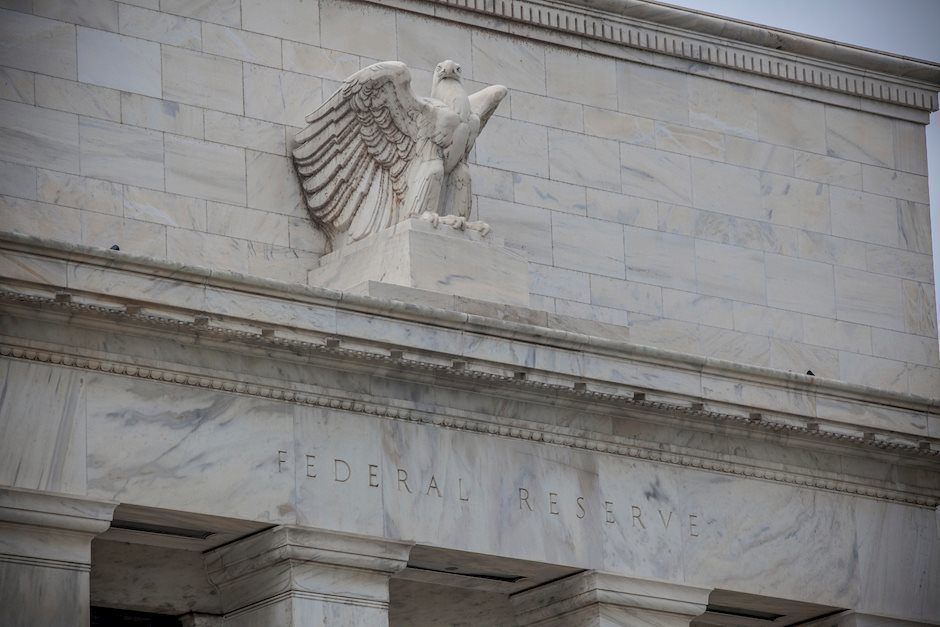The Fed wins another round, but the endgame has not changed

Federal Reserve Chair Jerome Powell promised a taper, but not yet. Credit, currency and equity markets responded with a yawn. After nine months of taper talk from the American central bank, markets will not act until the Fed does. Join FXStreet senior analysts Eren Sengezer and Joseph Trevisani for a critique of the Fed's inaction.
Joseph Trevisani: The Fed got its wish yesterday. The taper is closer...Treasury rates were stable and equities didn’t tank. I wonder how long the Fed can keep this juggling act aloft? The taper is by definition a rate hike. As the Fed removes its massive support for bond prices, they will sink and Treasury rates will rise and commercial rates will follow.
Eren Sengezer: It was surprising to see Chairman Powell saying that the bar for taper could be met as soon as the next meeting despite the fact that the policy statement refrained from delivering a timeline. Also, he doesn't seem concerned about the labor market after the dismal August jobs report. I guess Wall Street likes the underlying economic strength
Joseph Trevisani: Yes. The Fed's institutional bias is to bring rates higher. It is the same institution that hiked rates after years a zero from the financial crisis.
Eren Sengezer: Do you think a rate hike will follow right after the QE is concluded?
Joseph Trevisani: No. And it shouldn't be necessary. One the Fed is finished with its bond program...Treasury rates and market rates should be substantially higher.
Eren Sengezer: That is the idea. The term "stagflation" has been making it rounds lately. The Summary of Economic Projections showed that policymakers are expecting Core PCE to ease to 2.3% in 2022 from 3.7% in 2021. Do you see a risk of a slowdown in activity with inflation holding above 2%?
Joseph Trevisani: I have small faith in Fed projections on inflation. In the Wall Street phrase, they are talking their book.
US growth will slow, it is not going to continue at 6% or even 4.5%. Stagflation implies very low or zero growth and inflation. As for inflation, I think it continues between 3% and 4% next year...
The sharp increases in energy costs, a basic input for every manufactured product and a strong influence on the overall economy, have only begun to work their way into consumer pricing.
Eren Sengezer: Businesses are still struggling to find workers as well, which could also contribute to rising input prices.
Joseph Trevisani: Exactly. There is the puzzle of high unemployment or at least workers who are officially unemployed and record numbers of empty jobs. I think it is more than just extended insurance. Likely the lockdowns accelerated economic and job changes that are not showing up in official figures.
Eren Sengezer: Again, this brings back the question of how long it will take for the labor market to settle down after the structural changes it has to go through.
Joseph Trevisani: It has already taken far longer and been far more costly, in terms of wages, than anyone anticipated. The longer it continues, the greater the upward pressure on inflation. The Fed knows this. Look at the evolution of their PCE forecast this year...core 2.2% in March, 3.7% in September, six months later. That does not speak of accuracy or understanding.
The headline is worse, 1.8% in March, 4.2% in September. I am not trying to call out the Fed, but just to stress that the situation has evolved in unexpected ways, the labor market being the primary one.
For the markets, equities are happy. Stocks are higher today and were yesterday. Monday's fall was China-related and that seems to have calmed down. Beijing may not officially bail out Evergrande...but you can be sure they ordered it behind the scenes. US Treasury rates are higher but they have a long way to go even to return to the first quarter range. So all in all the Fed must be happy. Jerome Powell is very good at his job.
Eren Sengezer: Speaking of Jerome Powell and him doing a good job... Do you think US Pres. Biden will reappoint him and would it be a big mistake if he didn't?
Joseph Trevisani: I think he will. Biden has enough problems without creating another. I think the Fed is viewed positively by the US electorate and that is a bit of a rarity for US institutions these days.
Eren Sengezer: Well said.
Joseph Trevisani: My own opinion is that he should be reappointed.
Joseph Trevisani: The dollar has lost all of yesterday's altitude but the longer-term trend is still mildly positive, more so against the euro, the aussie and the kiwi than the Canada or the yen.
At this point, after almost nine months of taper speculation, no amount of Fed talk is going to move markets. Action is needed.
Eren Sengezer: What about the GBP following the Bank of England's relatively hawkish outlook?
Joseph Trevisani: Same issue for the BOE. Talk is a discounted commodity.
Eren Sengezer: To me, it seems like the BoE is more concerned about inflation than the Fed is.
Joseph Trevisani: I think it is. Inflation averaging is a get out of jail free card for Fed policy.
Eren Sengezer: Let me get back to the Evergrande crisis. I agree that China will somehow bailout Evergrande. Is that a red flag though?
Joseph Trevisani: No. Markets believe in credit unit they don't. I don't find the Chinese bailing out Evergrande much different than the US government having 23 trillion in debt.
Joseph Trevisani: A default would upset markets, but I don’t think the Chinese will let that happen. Is there a possibility that there is a large property bubble in china...sure. Will we ever know? Not likely.
Eren Sengezer: I think China is concerned about speculative movements in the real estate market as well as the widening income gap but it's difficult to say how they will deal with those problems due to the lack of transparency.
Joseph Trevisani: True. I think China is best viewed historically. The current Beijing regime is essentially a new dynasty.
Premium
You have reached your limit of 3 free articles for this month.
Start your subscription and get access to all our original articles.
Author

FXStreet Team
FXStreet

















